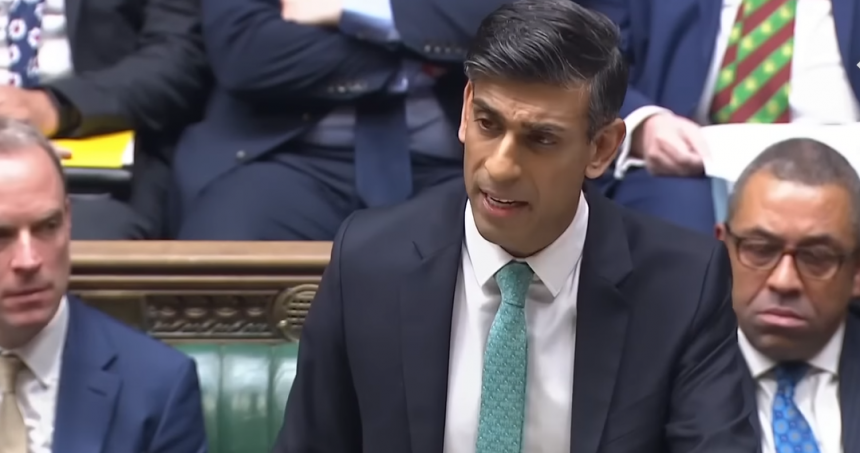UK government, under Prime Minister Rishi Sunak’s leadership, has announced several significant policy changes related to visa rules for international students and workers. These measures aim to curtail immigration and tighten eligibility criteria for entry into the country. Here are the key policies outlined:
- Dependent Restrictions: There will be limitations placed on the number of dependents allowed to enter the UK, intended to reduce overall migration numbers.
- Salary Threshold Increases: The minimum salary requirements for both British citizens and overseas workers sponsoring family members will undergo a significant increase, nearly 50%, from £26,200 to £38,700.
- Health and Care Visa Tightening: Measures will target reducing reliance on low-wage labor, removing the 20% salary discount for shortage occupations. A new Immigration Salary List will be established and evaluated by the Migration Advisory Committee to align with increased salary thresholds. Care workers bringing dependents to the UK will face restrictions, and only those involved in regulated activities by the Care Quality Commission can be sponsored by care providers.
- Crackdown on Cut-Price Labor: Introducing an Immigration wage List to align with rising wage thresholds and eliminating the 20% salary discount for shortage occupations.
- Student Dependant Restrictions: To counter the increasing number of students entering the UK with dependents, measures have been introduced. These measures are expected to have a substantial impact on net migration, particularly affecting the issuance of visas to dependents of sponsored students.

These changes represent a significant shift in the UK’s immigration policies, aiming to raise salary thresholds, limit dependents’ entry, and reduce reliance on lower-wage labor. They reflect the government’s strategy to manage immigration more tightly and possibly address concerns raised by certain Tory MPs about the impact of migration.










a8xkhj